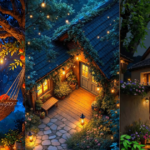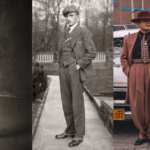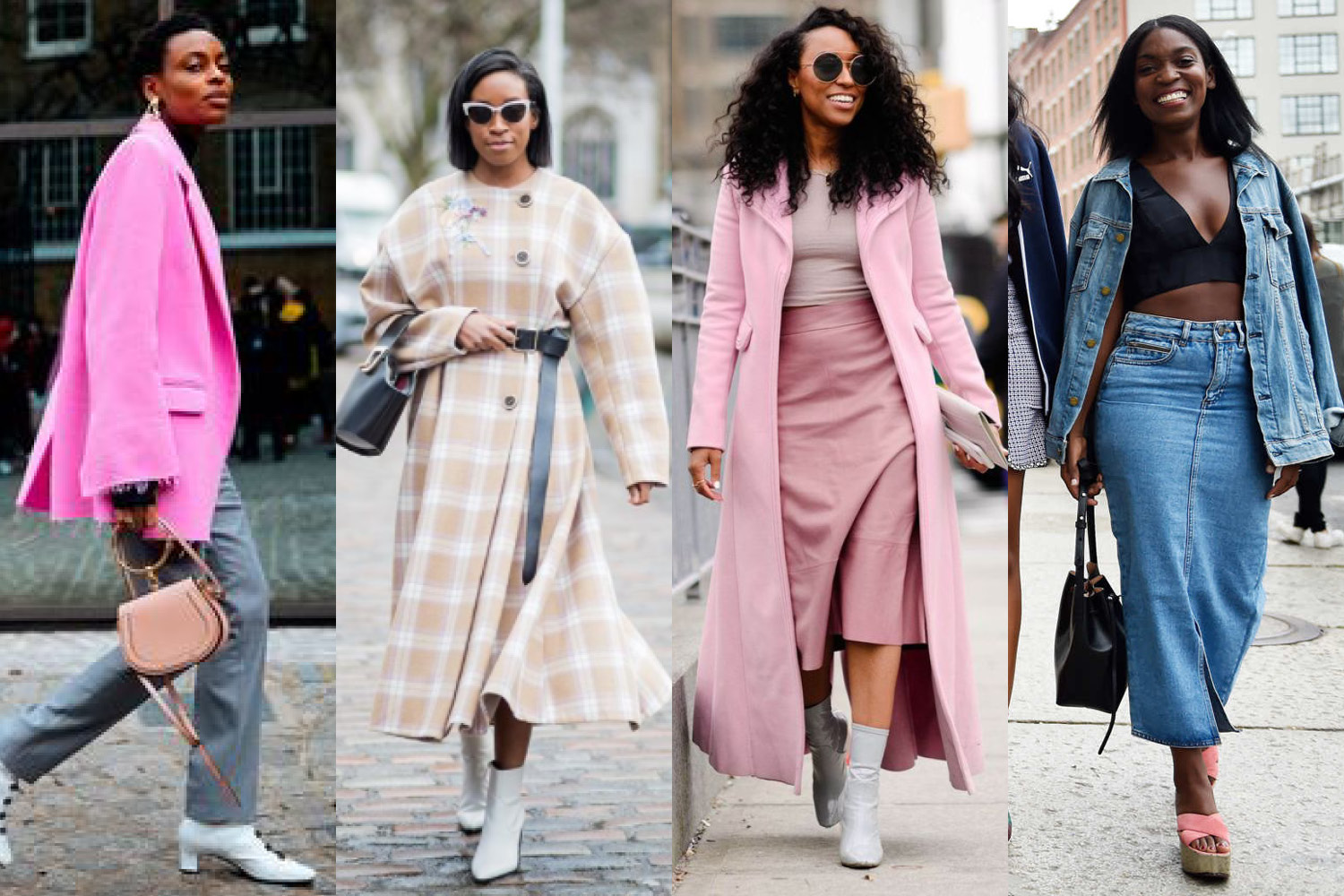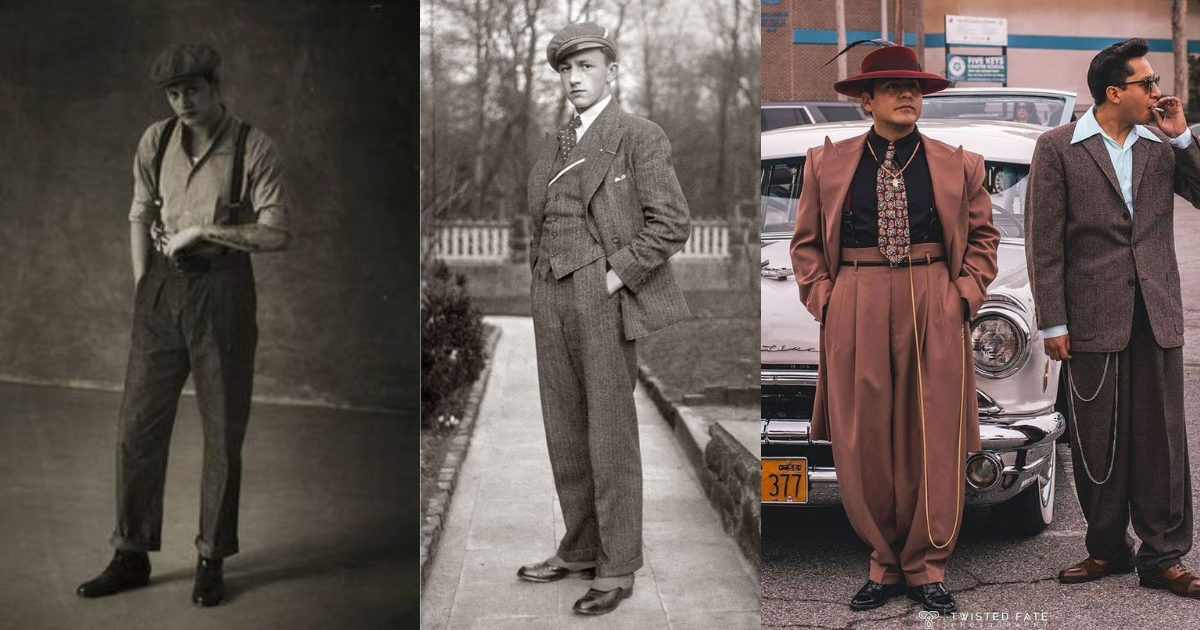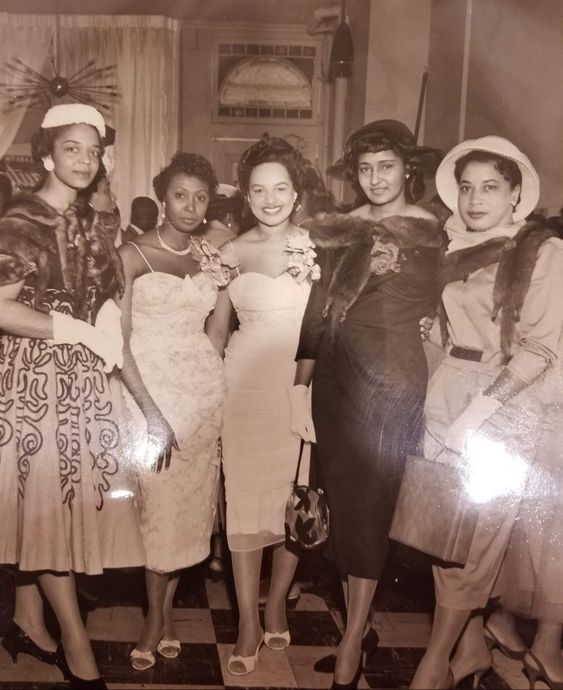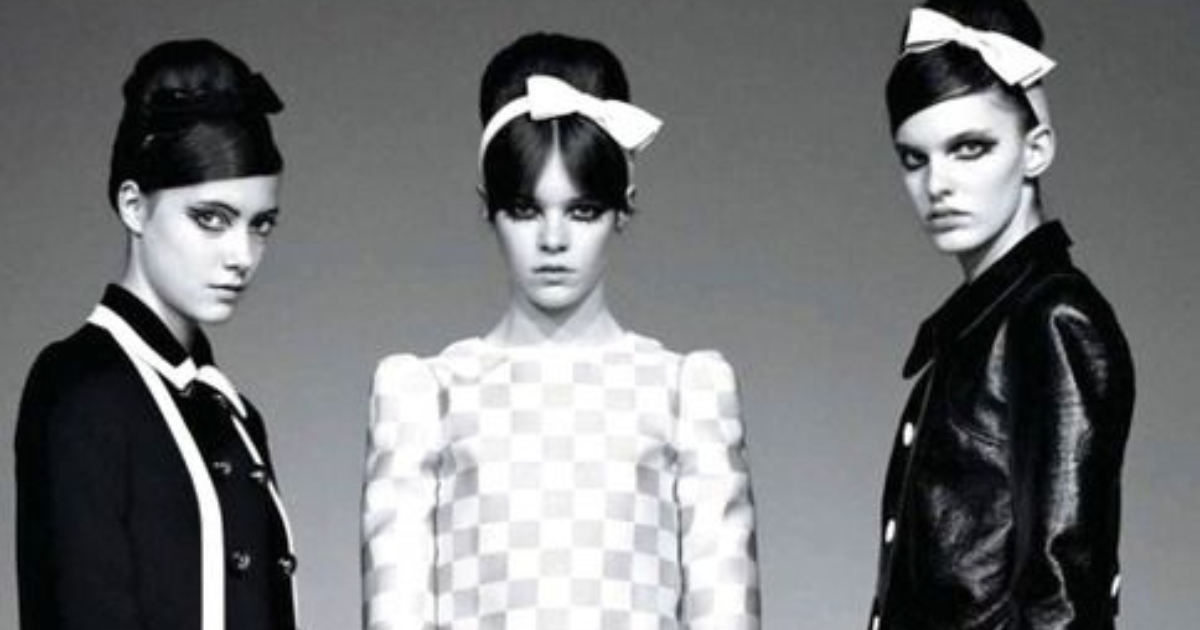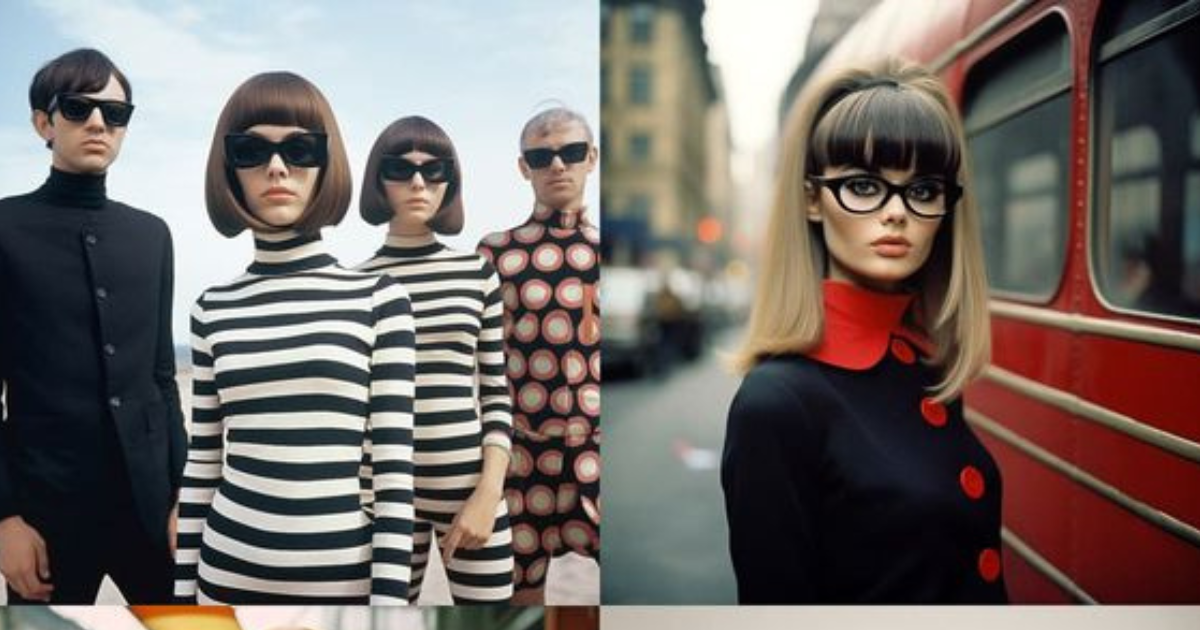Welcome to a fascinating journey through the world of fashion in the 1980s, with a special focus on Black women’s style. The 1980s were a decade of cultural dynamism, and fashion played an integral role in this ever-evolving landscape. Let’s delve into the significant cultural influences and style statements that defined this era.
The Black women’s Fashion in the 80s were characterised by a whirlwind of cultural shifts, political changes, and technological advancements. This period witnessed the rise of new-wave music, the fall of the Berlin Wall, and the advent of the personal computer. It was an age of transition and transformation, with global influences shaping everything from music to fashion.
Historical Context of the 1980s
The Melting Pot of Events
Black women’s fashion in the 80s, the world was in a state of constant flux. This era marked the peak of the Cold War, with the United States and the Soviet Union engaged in a tense standoff. The Civil Rights Movement had paved the way for increased social and political awareness, and the world was slowly becoming more connected through advances in technology.
Afrocentric Resurgence
- Embracing Heritage: Black women proudly embraced their cultural heritage, leading to a resurgence of Afrocentric elements in clothing and accessories.
- Cultural Pride: The political and social climate of the 1980s encouraged a celebration of African and Afrocentric roots in fashion.
Celebrity Icons
- Style Shapers: Influential Black women in the entertainment industry, such as Grace Jones and Whitney Houston, became trendsetters, known for both their talent and daring fashion choices.
- Inspiration from Icons: The bold fashion statements of these celebrities inspired countless individuals to adopt unique and fearless styles.
Natural Hair Movement
- Changing Beauty Standards: The 1980s marked a significant shift in beauty standards, with the natural hair movement gaining momentum.
- Hair as a Statement: This shift was reflected in hairstyles and hair accessories, with Black women proudly embracing their natural hair textures.
Pop Culture Icons
In the dynamic landscape of Black women’s Fashion in the 80s in the entertainment industry played a pivotal role in shaping fashion trends. These iconic figures not only wowed us with their talents but also left an indelible mark on the world of style.
Grace Jones: The Bold Enigma
Grace Jones, the Jamaican-American singer, actress, and model, was an enigmatic force of nature. Her striking androgynous look, complete with sharp angles and edgy fashion choices, challenged traditional notions of femininity. Her fearless approach to fashion, characterised by avant-garde headpieces, sharp shoulder pads, and statement accessories, inspired a wave of bold fashion choices among women.
Whitney Houston: Elegance Personified
Whitney Houston was not only renowned for her melodious voice but also for her timeless sense of elegance. Her 1980s style was all about class and sophistication. She often donned glamorous gowns, setting the tone for red-carpet fashion in the era. Her sleek, polished hairstyles and understated jewellery exuded a sense of timeless beauty.
Hair and Beauty Trends
The Black women’s Fashion in the 80s was a time of bold experimentation, not just in fashion but also in hair and beauty. The hairstyles and beauty standards of the era reflected the spirit of self-expression and individuality.
The Power Perm
- One of the most iconic hairstyles of the 1980s was the perm. This chemical treatment transformed straight hair into luscious, curly locks, popularised by celebrities like Whitney Houston and Janet Jackson.
- The power perm was all about volume and body, and it became a symbol of self-assured, strong women.
Short and Sassy
- Short haircuts, exemplified by Grace Jones and her flat-top style, became a symbol of defiance and confidence. This bold look challenged traditional gender expectations.
- Short haircuts were liberating, allowing women to break away from the idea that long hair equalled femininity.
Clothing Trends
When it comes to Black women’s Fashion in the 80s, the word “bold” immediately comes to mind. The clothing trends of this era were all about making a statement, and Black women embraced these trends with their unique flair.
Power Suits:
- The power suit was a symbol of women’s growing influence in the workforce. Characterised by broad shoulders, strong silhouettes, and often vibrant colours, it exuded confidence and authority.
- Black women adapted the power suit with a touch of Afrocentric patterns and colours, infusing it with cultural pride and style.
Athleisure:
- The ’80s saw the rise of athleisure, a trend that blended comfort and style. Tracksuits, leotards, and leg warmers were the go-to choices for workouts and leisure.
- Black women took athleisure to a whole new level by adding their distinctive touch, making it a statement of cultural pride and personal expression.
The Legacy of Black Women’s Fashion in the 80s
The impact of ’80s fashion is far from being a distant memory. It continues to be a vibrant part of the modern fashion landscape, and its legacy is undeniable.
Bold Colours and Patterns:
The bright and bold colour palettes of the ’80s, often associated with the power suits and athleisure, are still prevalent today. Vibrant shades and eye-catching patterns are go-to choices for those looking to make a fashion statement.
Oversized Silhouettes:
Oversized clothing, a trend from the ’80s influenced by hip-hop culture, has made a triumphant return. Baggy jeans, oversized blazers, and roomy sweatshirts are staples in contemporary fashion.
Contemporary Fashion Trends
The 1980s provided a wealth of inspiration for the fashion designers and enthusiasts of today. Several key elements from that era have been reinvented and incorporated into modern style.
Retro Revival:
- One of the most prominent trends is the resurgence of ’80s-inspired clothing. Shoulder pads, bold accessories, and statement belts are back in vogue.
- Designers and fashion houses have drawn inspiration from the era, creating collections that pay homage to the iconic styles of the ’80s.
Athleisure Reinvented:
- Athleisure is now a prominent category in modern fashion. It has evolved beyond its athletic origins and is embraced as everyday wear.
- Contemporary athleisure often features bold prints, vibrant colours, and a fusion of cultural elements, reflecting the influence of the 1980s on this trend.
Afrocentric Roots
The 1980s was a pivotal decade for the revival of African and Afrocentric fashion. It marked a return to cultural heritage and pride, as well as a celebration of African aesthetics that influenced not only Black women’s fashion but also the fashion world at large.
Return to Roots:
The Black women’s Fashion in the 80s witnessed a resurgence of interest in African culture and heritage, with Black individuals and communities seeking a connection to their roots. This revival extended to fashion, as people embraced traditional African styles and infused them with a contemporary twist.
African-Inspired Patterns:
African-inspired patterns, such as Ankara and Kente, gained immense popularity during this time. These vibrant and visually striking patterns were incorporated into various clothing items, from dresses to head wraps.
Fabrics and Textures:
African fabrics like mud cloth and batik were celebrated for their unique textures and natural aesthetics. The ’80s saw the integration of these fabrics into both everyday wear and high fashion.
Conclusion:
In the kaleidoscope of 1980s fashion, Black women stood at the forefront of cultural transformation, leaving an indelible mark on the era’s style statements. From the resurgence of African and Afrocentric fashion that celebrated heritage and identity to the influence of iconic figures like Grace Jones and Whitney Houston who redefined the boundaries of fashion, the ’80s were a time of bold self-expression and empowerment. Hairstyles and beauty standards broke free from conventional norms, reflecting an era of rebellion and confidence. The clothing trends, from power suits with an Afrocentric twist to the fusion of athleisure with cultural pride, showcased Black women’s unique fashion sensibilities.


